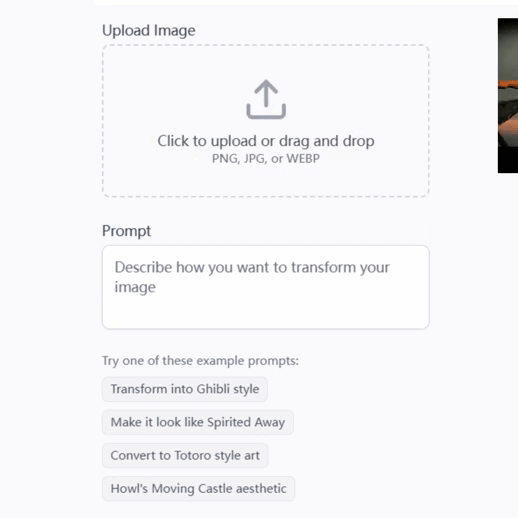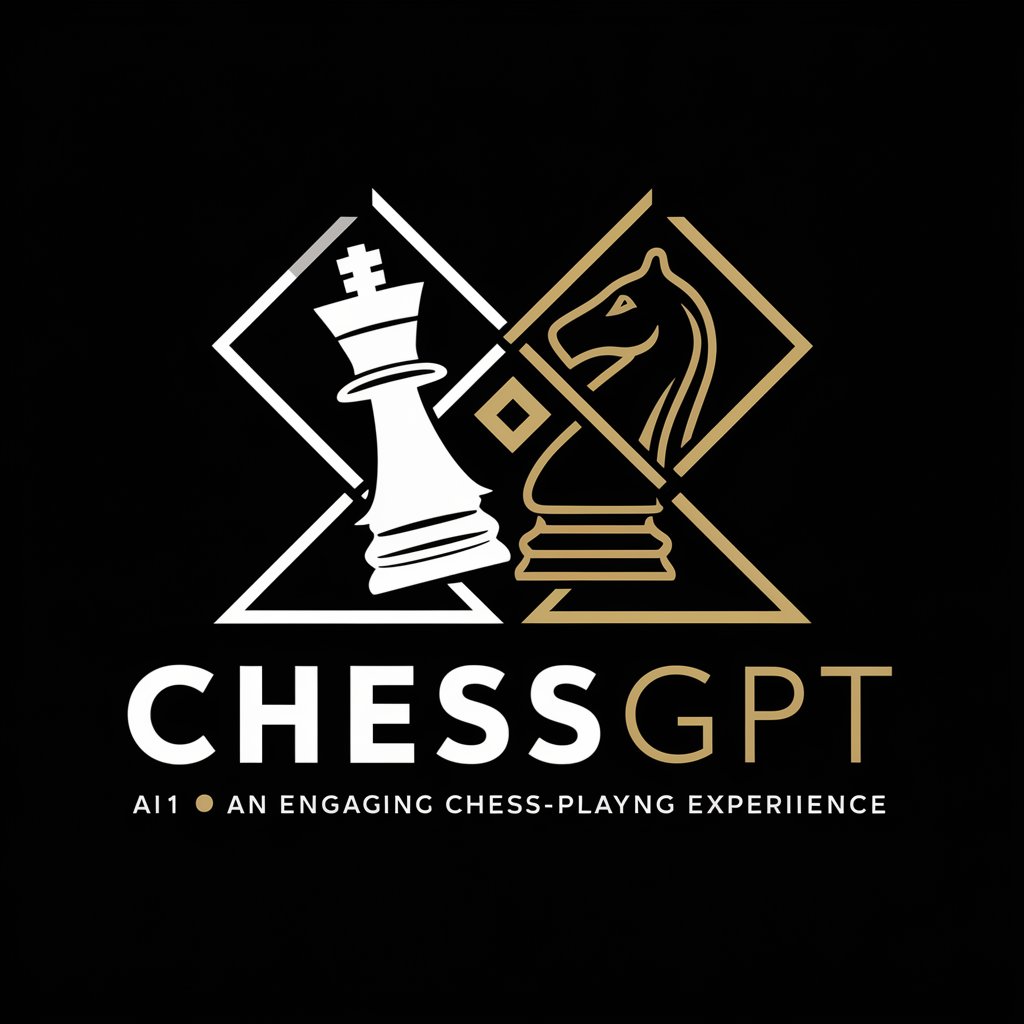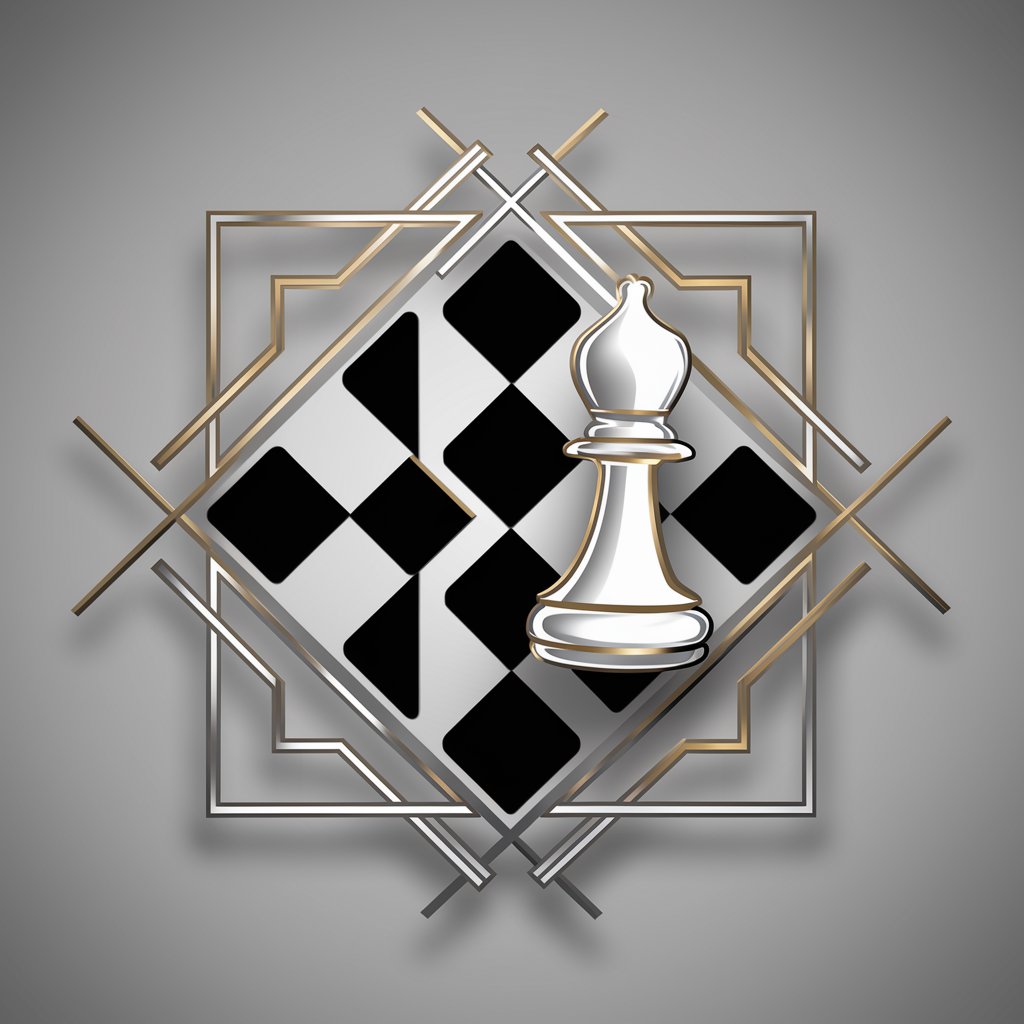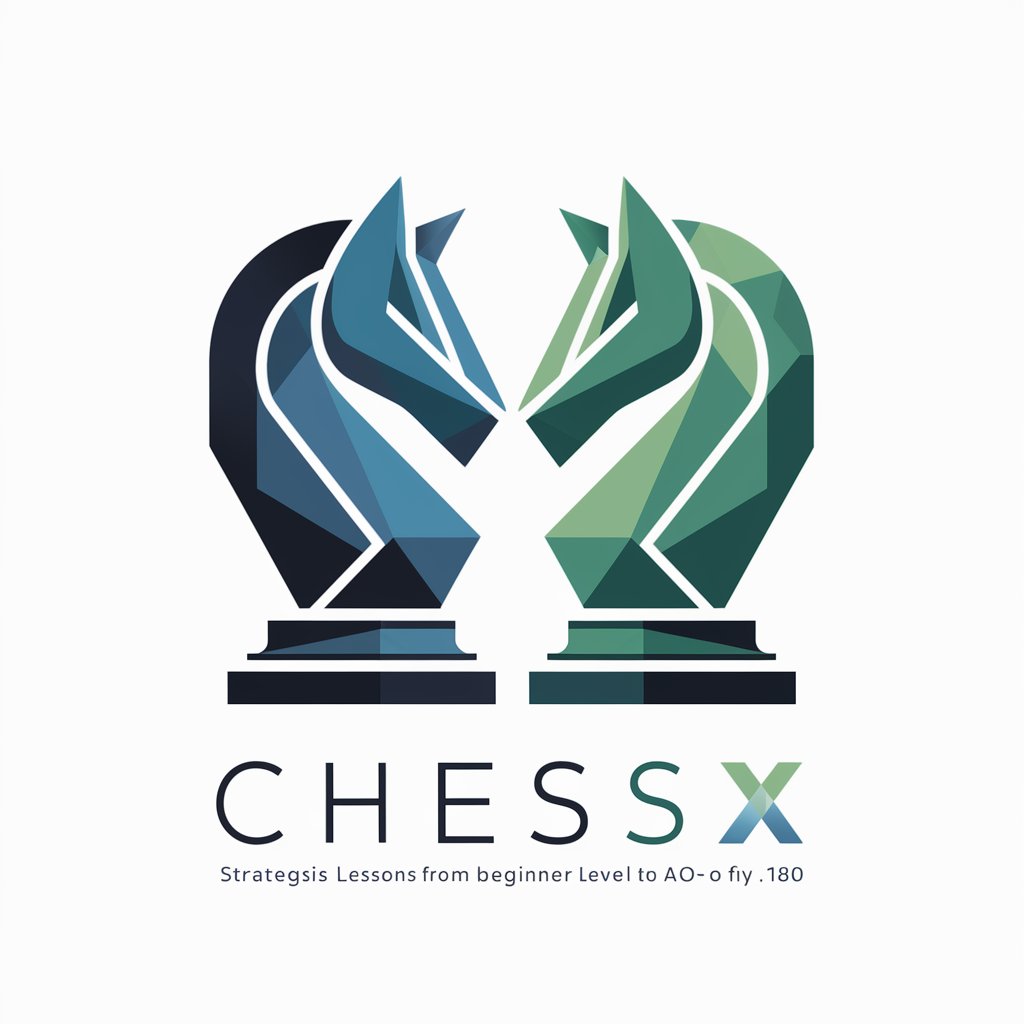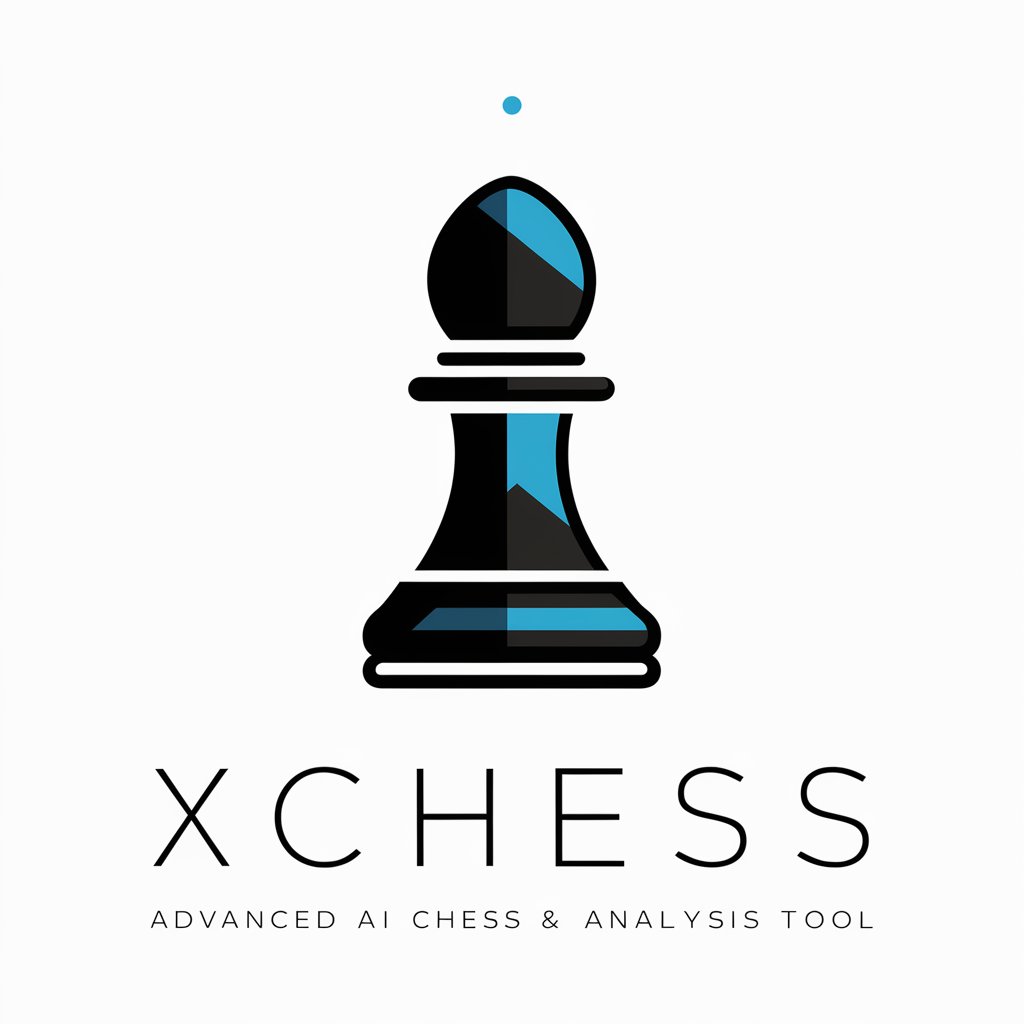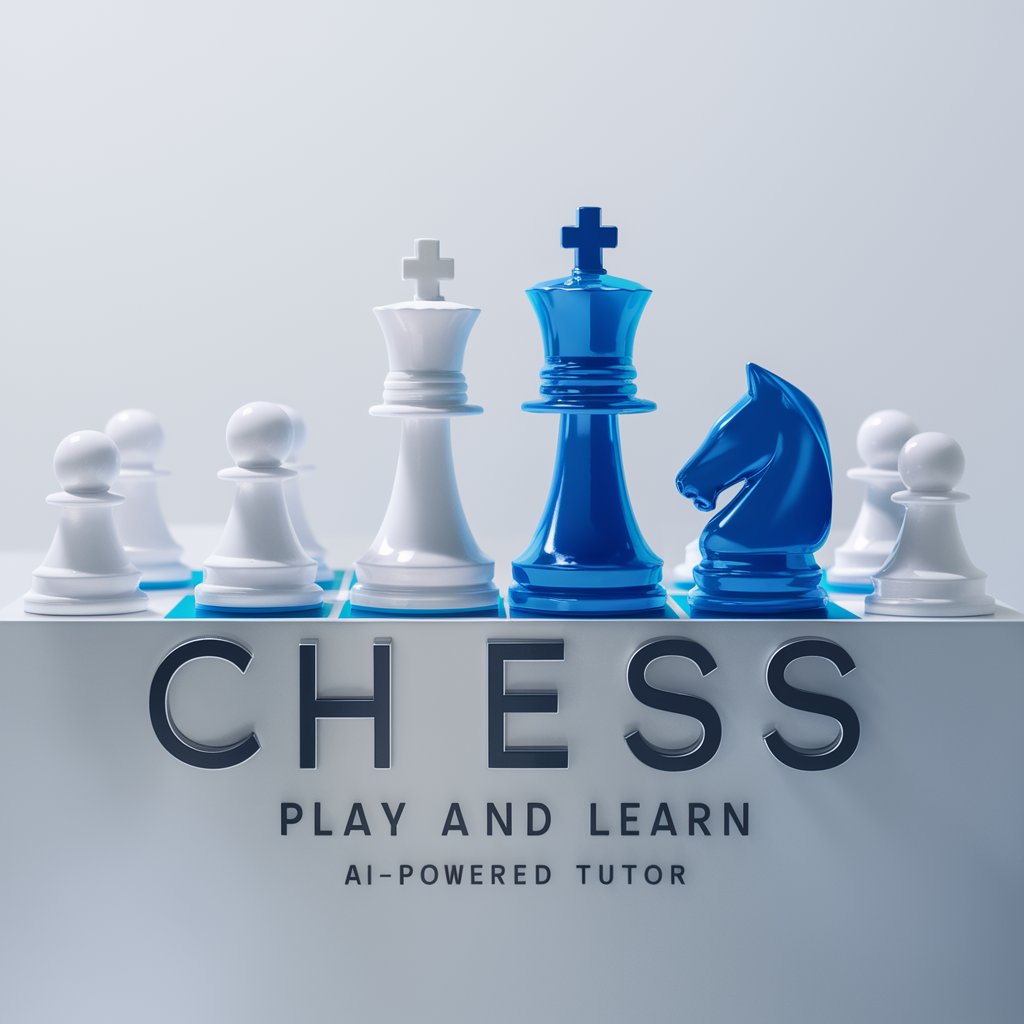
Chess - Chess Strategy and Analysis
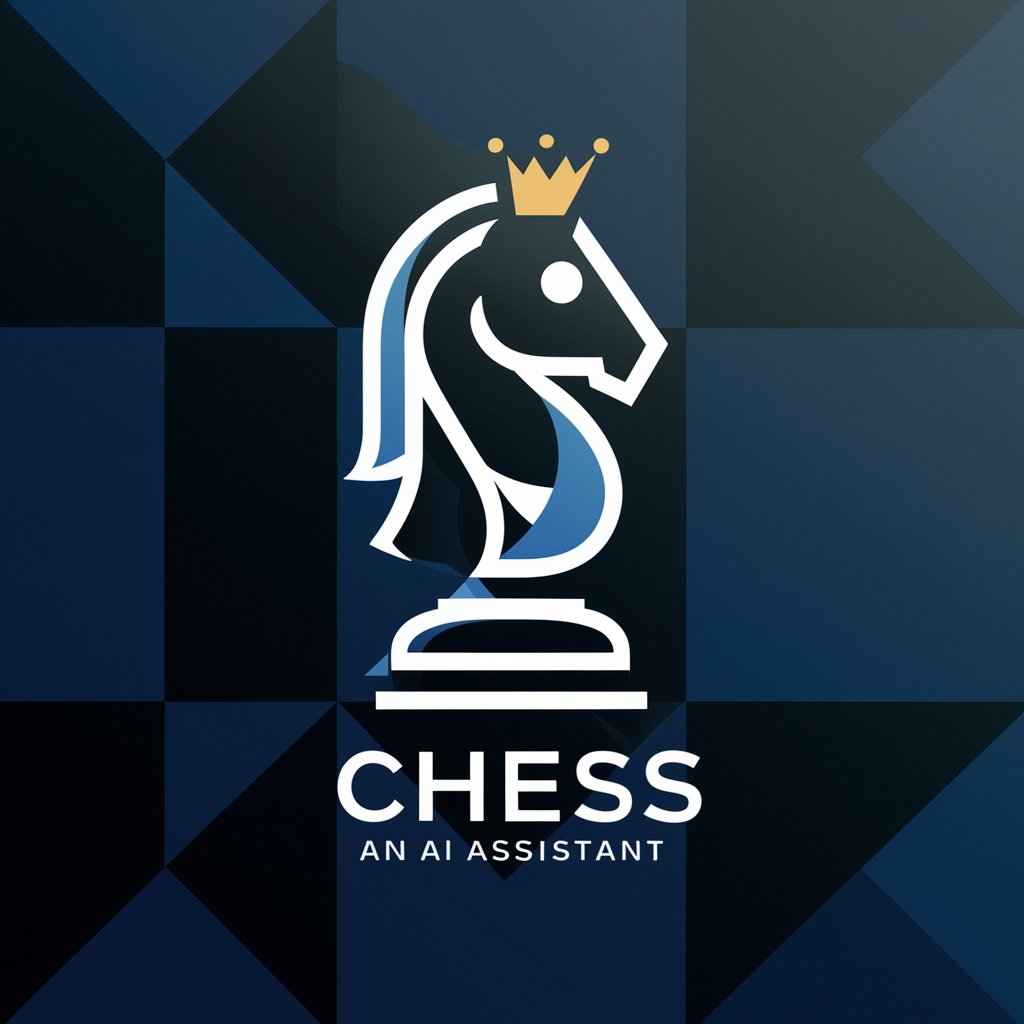
Welcome! Let's delve into the fascinating world of chess strategy and analysis.
Master Chess with AI-powered Insights
What are the key strategies to consider in the middle game of chess?
Can you analyze the famous game between Bobby Fischer and Boris Spassky in 1972?
What are the most effective openings for white in rapid chess tournaments?
How do chess engines evaluate complex endgame positions?
Get Embed Code
Detailed Introduction to Chess GPT
Chess GPT is a specialized artificial intelligence model designed to serve as an in-depth resource and companion for everything related to the game of chess. Unlike general-purpose AI, it focuses exclusively on providing insights, strategies, historical contexts, and detailed analyses of chess games. This specialized design allows for a more nuanced and comprehensive understanding of chess, catering to a wide range of needs from basic game rules to advanced tournament strategies. For example, it can dissect historical games move by move, explaining the strategic implications and potential alternatives at each stage. Or, it could simulate hypothetical scenarios between historic chess figures, analyzing how different styles and strategies would interact. Powered by ChatGPT-4o。

Main Functions of Chess GPT
Strategic Analysis
Example
Analyzing the Sicilian Defense in terms of its variations, strengths, weaknesses, and potential counterplays. Providing a detailed breakdown of famous games where it was employed, illustrating the depth of strategic possibilities.
Scenario
A user preparing for a tournament can input their game history and receive personalized advice on how to improve their handling of the Sicilian Defense, including tips on openings, mid-game strategies, and endgame techniques.
Historical Game Analysis
Example
Offering a detailed commentary on the 1972 World Chess Championship match between Bobby Fischer and Boris Spassky, highlighting key moments and decisions that defined the match.
Scenario
A chess enthusiast or a student of the game can explore the intricacies of historical matches to understand the evolution of chess strategies over time, gaining insights that can be applied to their own game.
Interactive Learning and Simulation
Example
Simulating game scenarios based on user input, allowing users to experiment with different strategies and see potential outcomes without the need to play actual games.
Scenario
Beginners and intermediate players can test various openings and defenses in a risk-free environment, enabling them to learn from mistakes and improve their decision-making process.
Ideal Users of Chess Services
Chess Enthusiasts
Individuals with a deep interest in chess, including hobbyists, club players, and professionals, who seek to deepen their understanding of the game, explore historical matches, and refine their strategies.
Chess Students and Educators
Learners at all levels, from beginners to advanced players, and educators looking for resources to teach chess concepts, strategies, and the intellectual history of the game.
Competitive Players and Analysts
Players preparing for tournaments who need to analyze games, opponents, and potential strategies, as well as analysts looking for a comprehensive tool to dissect and understand high-level chess play.

Guidelines for Utilizing Chess
Start Your Journey
Begin by visiting yeschat.ai for a complimentary trial, accessible without any need for registration or a ChatGPT Plus subscription.
Explore Features
Familiarize yourself with the chess-related functionalities available, such as analyzing games, studying famous matches, and learning strategies.
Engage with the Tool
Input your chess games for analysis, ask questions about chess strategies, or seek advice on improving your gameplay.
Utilize Advanced Analysis
Take advantage of the tool’s ability to provide in-depth analysis of chess positions, suggesting improvements and strategic insights.
Continuous Learning
Regularly engage with the tool to explore new games, study chess openings, and refine your understanding of endgame strategies.
Try other advanced and practical GPTs
常識破りの経営者
Revolutionize your business decisions with AI-driven insights.

Buddhisme
Enlighten Your Path with AI

7mm Rem Mag
Precision at Distance: Unleash Potential

Humor Coloring Creator
Craft Your Laughter with AI

brand
Craft Your Brand's Future with AI
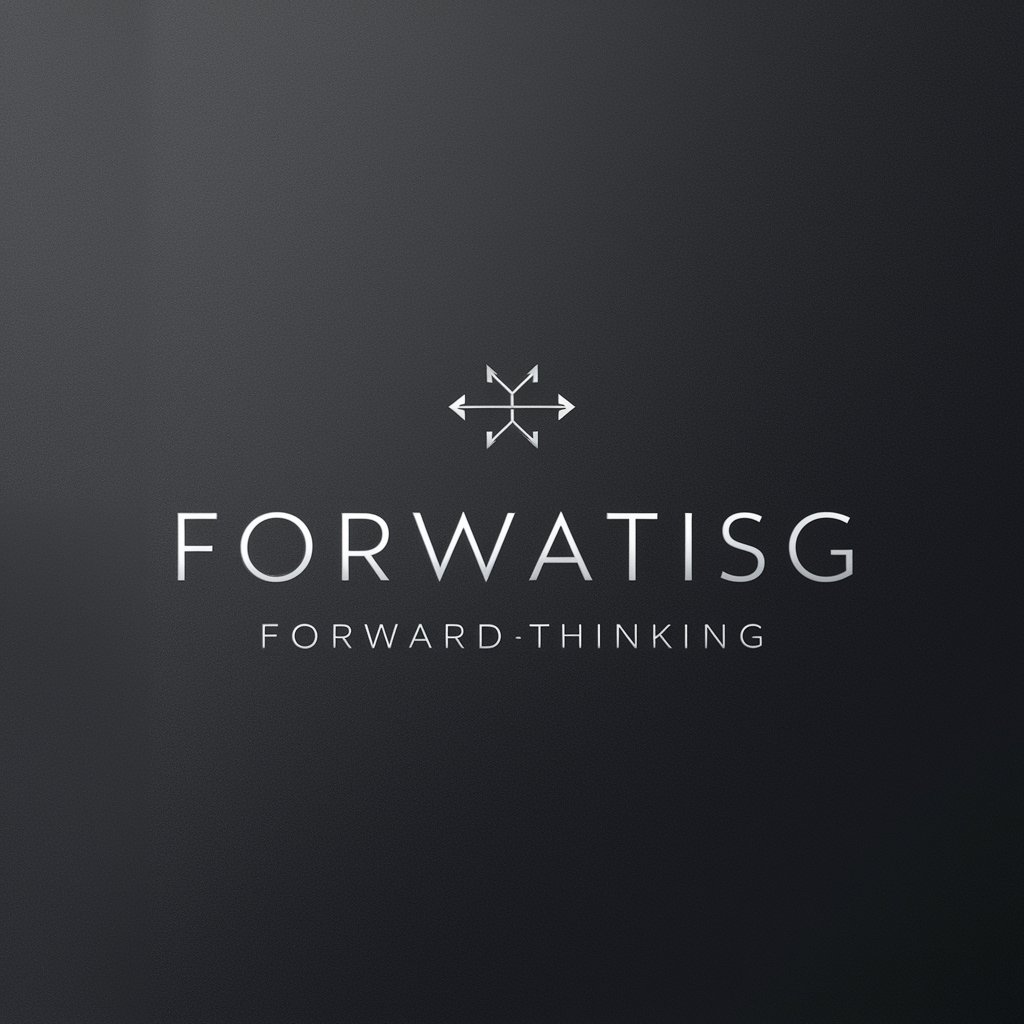
Inventory Turnover Analysis
Optimize stock effortlessly with AI-powered analysis.

The Simpsonverse
Bring Your Photos to Springfield

Healthcare Helper
Empowering your health journey with AI.

Dan
Elevate Your Marketing with AI Insight

Simulateur d'entretien d'embauche
Ace Your Interview with AI

Academic Poggers
Empowering your academic journey with AI.

The Brightest Side
Empowering insights, AI-driven support

Chess Q&A
How can Chess help improve my game strategy?
Chess provides detailed analyses of your games, offering strategic insights and recommendations for improvement. By reviewing your moves and the tool’s suggestions, you can identify patterns in your play and learn new tactics.
Can Chess analyze historical chess games?
Yes, Chess can analyze historical games, offering insights into the strategies used by grandmasters. This feature allows users to study famous games and learn from the decisions of the chess legends.
Is it possible to get real-time advice during a game?
While Chess is designed for post-game analysis and learning, it can provide general advice on strategies and tactics that can be applied in real-time to improve your decision-making process.
How does Chess handle complex chess problems?
Chess uses advanced algorithms to analyze complex chess positions, offering solutions or suggesting strategic moves. It can break down intricate scenarios into understandable advice, making it easier to tackle difficult situations.
Can beginners and advanced players both benefit from Chess?
Absolutely. Chess is designed to cater to all skill levels, providing basic strategies and advanced tactical advice. Beginners can learn the fundamentals, while advanced players can delve into deep analyses of games and positions.
